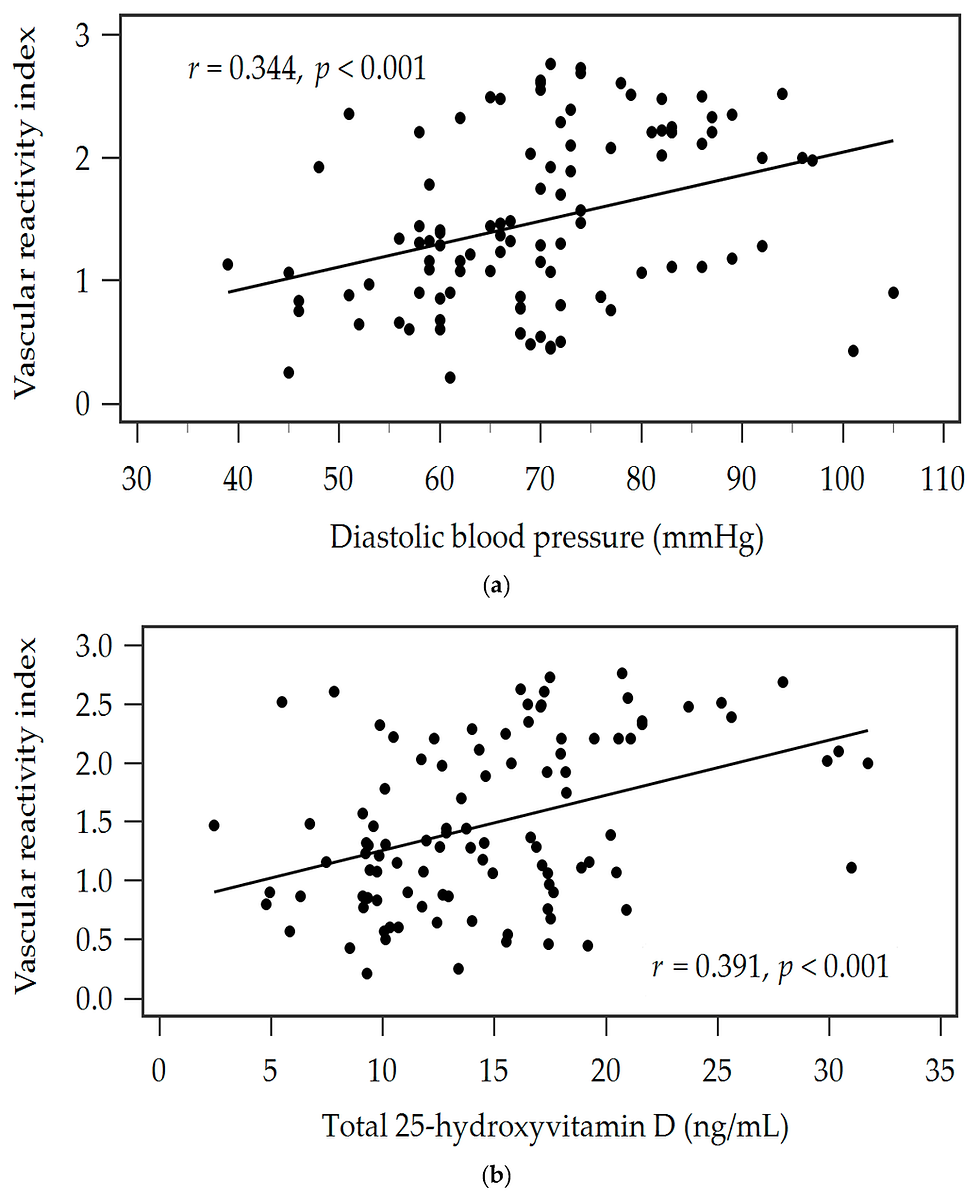Impairment of Endothelial Function by Cigarette Smoke Is Not Caused
- Jan 16, 2023
- 2 min read
Updated: Jan 18, 2023
by a Specific Smoke Constituent, but by Vagal Input From the Airway
Arterioscler Thromb Vasc Biol2022 Nov;42(11):1324-1332. doi: 10.1161/ATVBAHA.122.318051. Epub 2022 Oct 26. Impairment of Endothelial Function by Cigarette Smoke Is Not Caused by a Specific Smoke Constituent, but by Vagal Input From the Airway Pooneh Nabavizadeh 1 2, Jiangtao Liu 1, Poonam Rao 3 4 5, Sharina Ibrahim 3 6, Daniel D Han 3, Ronak Derakhshandeh 3, Huiliang Qiu 3, Xiaoyin Wang 3, Stanton A Glantz 1 3 4, Suzaynn F Schick 7, Matthew L Springer 1 3 4
Abstract Background: Exposure to tobacco or marijuana smoke, or e-cigarette aerosols, causes vascular endothelial dysfunction in humans and rats. We aimed to determine what constituent, or class of constituents, of smoke is responsible for endothelial functional impairment. Methods: We investigated several smoke constituents that we hypothesized to mediate this effect by exposing rats and measuring arterial flow-mediated dilation (FMD) pre- and post-exposure. We measured FMD before and after inhalation of sidestream smoke from research cigarettes containing normal and reduced nicotine level with and without menthol, as well as 2 of the main aldehyde gases found in both smoke and e-cigarette aerosol (acrolein and acetaldehyde), and inert carbon nanoparticles. Results: FMD was reduced by all 4 kinds of research cigarettes, with extent of reduction ranging from 20% to 46% depending on the cigarette type. While nicotine was not required for the impairment, higher nicotine levels in smoke were associated with a greater percent reduction of FMD (41.1±4.5% reduction versus 19.2±9.5%; P=0.047). Lower menthol levels were also associated with a greater percent reduction of FMD (18.5±9.8% versus 40.5±4.8%; P=0.048). Inhalation of acrolein or acetaldehyde gases at smoke-relevant concentrations impaired FMD by roughly 50% (P=0.001). However, inhalation of inert carbon nanoparticles at smoke-relevant concentrations with no gas phase also impaired FMD by a comparable amount (P<0.001). Bilateral cervical vagotomy blocked the impairment of FMD by tobacco smoke. Conclusions: There is no single constituent or class of constituents responsible for acute impairment of endothelial function by smoke; rather, we propose that acute endothelial dysfunction by disparate inhaled products is caused by vagus nerve signaling initiated by airway irritation. Keywords: acetaldehyde; acrolein; carbon; menthol; nanoparticles.




Comments